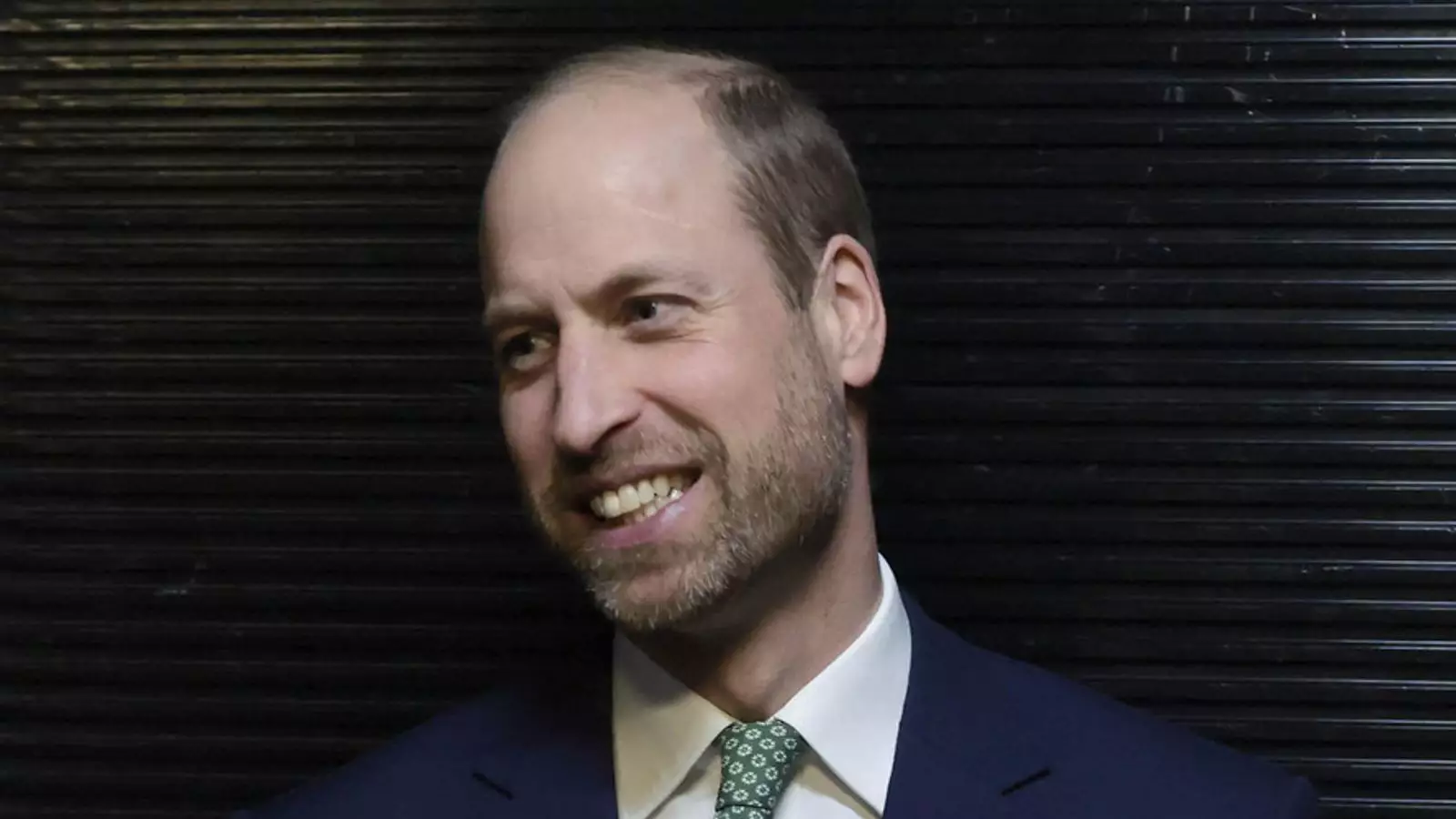In a recent discussion following his trip to South Africa, Prince William articulated a vision for the monarchy that prioritizes a modern approach centered on empathy and impactful engagement. Known for his commitment to issues such as mental health, environmental stewardship, and homelessness, the Prince of Wales is clearly attempting to carve out a space for a more relatable and involved royal family. He expressed his desire to take a fresh approach to royal engagements by incorporating his generation’s ethos, suggesting a shift to a “smaller R in the royal.” This phrase encapsulates his intent to redefine what it means to fulfill royal duties, making them more accessible and community-focused.
William’s perspective highlights the importance of “impact philanthropy” and collaboration, moving away from the traditional, more ceremonial roles often associated with the British monarchy. He expressed a strong belief in the power of empathetic leadership, especially in a world rife with challenges. By prioritizing an understanding of the issues at hand, William aspires to make a genuine impact through his engagements, fostering change rather than merely being a figurehead. This shift reflects broader societal changes, where leaders are increasingly encouraged to connect with their communities in meaningful ways.
Throughout his recent engagements, Prince William has notably concentrated on significant issues like environmental conservation and homelessness. His Earthshot Prize initiative stands as a prime example of his dedication to tackling pressing global challenges through collaborative efforts. Alongside his wife, Catherine, the Princess of Wales, William is striving to create platforms that not only address these urgent issues but also uplift the voices of those affected. His commitment to these causes demonstrates a pivotal transformation within the royal family, turning the spotlight from a distant monarchy to one that actively participates and supports social progress.
William hinted at his desire to reciprocate the support he has received by impacting lives positively. His focus on “empathy” as a critical component of leadership indicates a growing recognition of the emotional and societal context in which they operate. By integrating these values into royal responsibilities, he seeks to inspire a broader discourse around compassionate leadership, encouraging individuals across the world to embrace a similar ethos. This approach may appeal particularly to younger generations who favor authenticity and connection over tradition.
In a candid reflection, William admitted the past year has been “brutal,” highlighted by personal family challenges that included health struggles faced by both his father and wife. By sharing this vulnerability, he adds a human element to the royal narrative, breaking the traditional mold that often emphasizes stoicism and detachment. This openness can resonate with many who also face personal trials, positioning him as a relatable figure in a time when the public seeks authenticity.
While discussing the possibility of Catherine taking on more royal duties, William hinted at their plans for increased overseas travel, suggesting future engagements will see them working closely together. However, he was quick to note that balancing family life and royal commitments remains a priority, emphasizing the significance of their children’s education. This acknowledgment of family dynamics places a relatable touch on their roles, suggesting a modern interpretation of parenthood intertwined with royal responsibilities.
As Prince William embarks on the next chapters of his royal journey, his emphasis on empathy and modernity suggests that the monarchy may be due for a significant evolution. By positioning royal duties as opportunities for meaningful engagement and societal change, he is advocating for a future where the royal family plays an active role in addressing global issues. His initiatives reflect a commitment to not only uphold the traditions of the monarchy but to also breathe new life into them—an endeavor that may appeal to a rapidly changing world.
Through this modernized approach, William has the potential to reposition the royal family’s legacy, grounding it in empathy, collaboration, and real-world impact. This transformational vision not only represents his personal aspirations as a leader but also serves as a clarion call for more compassionate stewardship across all sectors of society. As the world looks on, it will be fascinating to see how Prince William and the monarchy evolve in the years to come, and whether they can cultivate a legacy firmly rooted in the values they champion.

